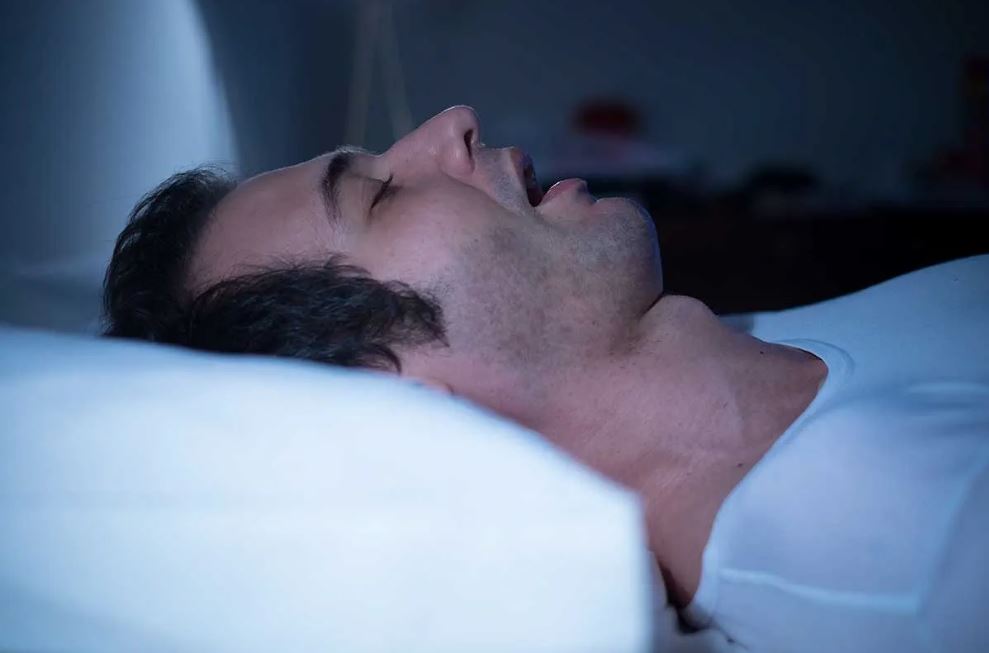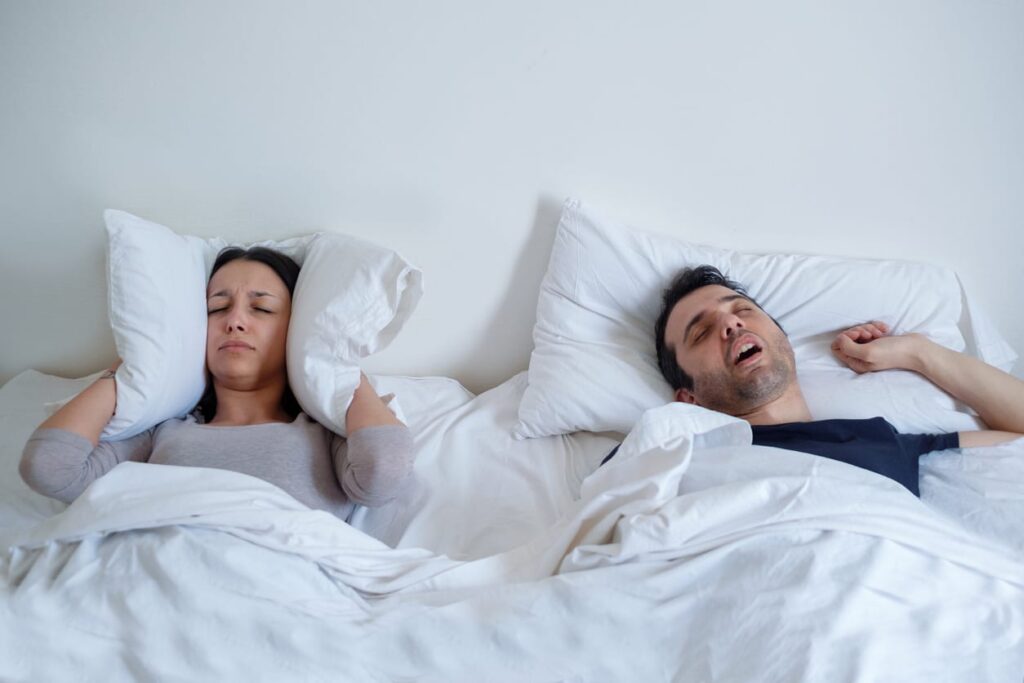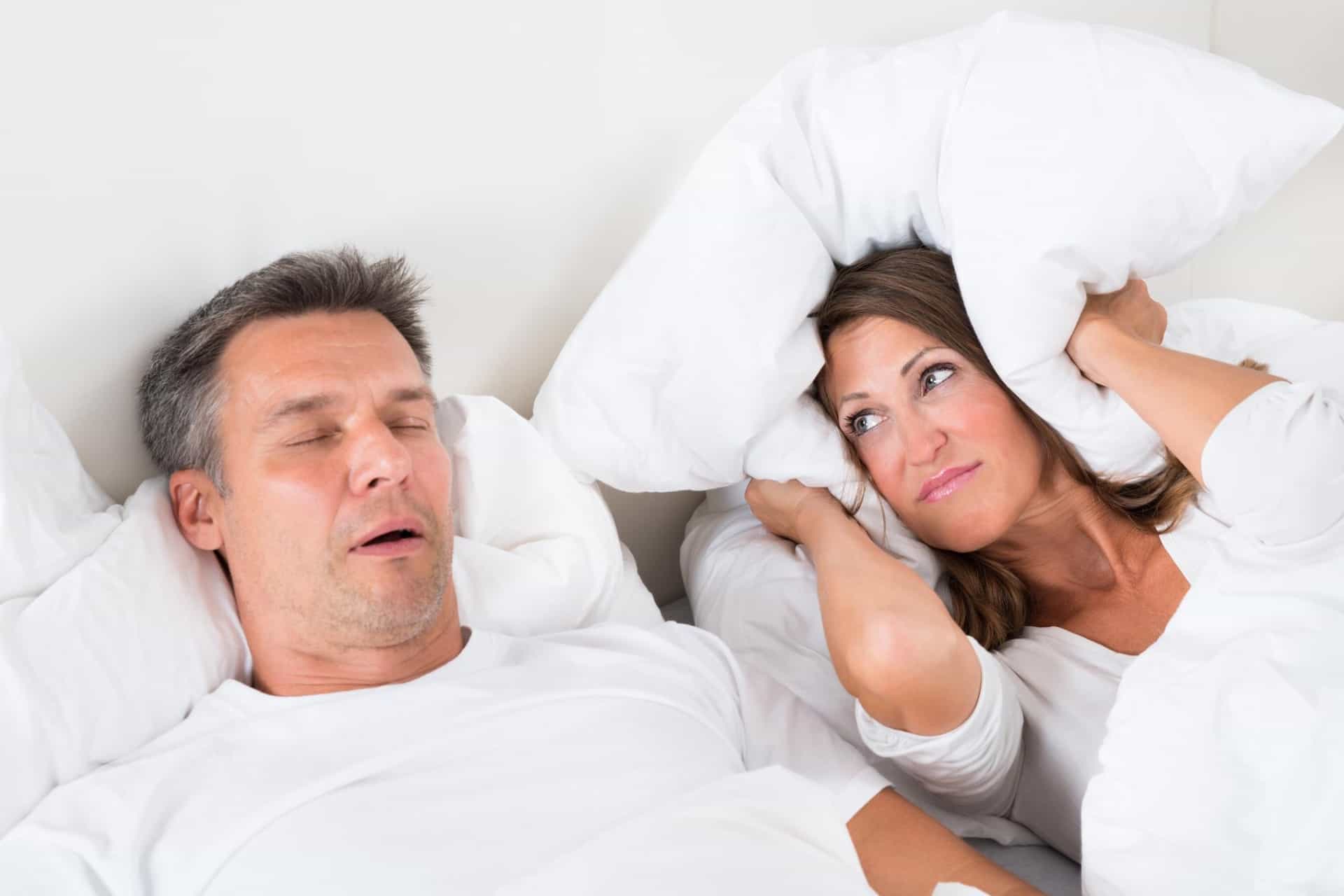Having a hard time getting a good night’s sleep?
Sleep apnea is a common condition among Australians and can greatly affect your sleep patterns and quality of life. Those with severe obstructive sleep apnea may have a hard time sleeping consistently, and the condition can even affect their quality of life.
So, do you think you have sleep apnea?
Well, if you suspect you have sleep apnea, it’s important to consult a doctor or visit https://store.airliquidehealthcare.com.au/en/sleep-apnea for guidance. That said, it’s important to understand what sleep apnea is before checking if you have the condition.
In this guide, we’re getting into what sleep apnea is, the types, and some of the key signs that you may be suffering from it. We’ll get into all the details in this guide, so keep reading to learn more!
The Types of Sleep Apnea
Various types of sleep apnea affect people differently. And when treating sleep apnea, a sleep specialist needs to determine the type you have. All types of sleep apnea are characterised by a person experiencing breathing pauses that last at least 10 seconds in their sleep. This might cause you to frequently wake up at night and disrupt your sleep schedule.
To fully understand what sleep apnea is and how it affects you, like other sleep disorders, you need to know the types. There are two basic types of sleep apnea: obstructive sleep apnea and central sleep apnea. While these conditions can cause similar symptoms, they are caused by different things. So, let’s get into obstructive sleep apnea and central sleep apnea syndromes to give you a better idea of the disorder.

Obstructive Sleep Apnea
The most common type of sleep apnea is obstructive sleep apnea. Obstructive sleep apnea occurs when a person’s throat muscles relax too much during sleep. This causes the muscles to collapse, blocking your airways. This is why people with obstructive sleep apnea stop breathing while asleep. People can struggle with severe sleep apnea and mild sleep apnea, and the way specialist treat sleep apnea depends on the severity and type of sleep apnea you have.
Central Sleep Apnea
Central sleep apnea is less common and can also be harder to treat. While obstructive sleep apnea is caused by a physical issue, central sleep apnea (CSA) occurs due to the brain not sending the right signals to the body that control a person’s breathing. The symptoms of central sleep apnea are similar to obstructive sleep apnea. However, CSA commonly occurs due to another underlying illness or condition.
Signs That You Might Have Sleep Apnea
So, how do you know if you have sleep apnea?
Well, you can’t know for sure until you see a specialist. However, there are also a few common signs and symptoms of sleep apnea that you or your bed partner can look out for. If you or your partner notice these symptoms before falling asleep or during sleep, it could be a sign of sleep apnea.
Snoring
As mentioned earlier, obstructive sleep apnea syndrome occurs when your throat muscles contract too much during sleep and block your airways. Since your airways are blocked, a common symptom of this condition is loud snoring. Nasal congestion and a blocked airway can cause excessive snoring, which is why it’s a sign of obstructive sleep apnea (OSA).
Inconsistent Sleep
Persons with mild and moderate sleep apnea usually experience inconsistent sleep schedules and patterns. Untreated sleep apnea can lead to you constantly waking up at night, disrupting your regular sleep schedules. While sleep apnea snores are fairly easy to deal with, inconsistent sleep is a huge problem. Due to the discomfort of sleep apnea, many people with sleep apnea don’t fall asleep easily.
Daytime Sleepiness
Since you typically lose sleep or only get restless sleep if you have this condition, many people with sleep apnea have excessive daytime sleepiness. If you don’t get adequate rest at night, you won’t be able to sustain high energy levels during the day. Sleep apnea gets in the way of healthy sleep, which is why it’s important to prevent sleep apnea or treat it right away.
Depression and Mood Swings
When your brain senses that you don’t have adequate oxygen levels during various sleep stages, it will send signals to wake you up. This is why you may have trouble concentrating and trouble sleeping with sleep apnea. Another common symptom of sleep apnea is mood swings throughout the day. Again, when you don’t get a full night’s sleep, your mood and energy levels the next day are very affected.

Disrupted Brain Function
If you have sleep apnea, your sleep quality is likely poor. This is why you might have difficulty concentrating and decreased brain function overall. Light sleep is fine, but you need to get regular deep sleep if you want to maintain your energy levels and brain function. Those with sleep apnea regularly suffer from disrupted brain function, greatly affecting their quality of life.
What to Do if You Have Sleep Apnea?
If you suspect that you have sleep apnea, you need to see a specialist for a sleep study. During the sleep study, the specialist will diagnose your condition and determine what type of sleep apnea you have. From there, the sleep medicine specialist will be able to determine the best course of action for your condition.
Sadly, sleep apnea is not curable. Instead, those with sleep apnea need to find the best ways to manage the risk factors and symptoms of the condition. For example, your doctor might recommend that you shed excess weight and improve your sleep environment.
Other times, you might be prescribed oral appliances to keep your airways open. Another treatment option is a continuous positive airway pressure (CPAP) machine or breathing device. A continuous positive airway pressure (CPAP) machine maintains a positive airway pressure while you sleep, preventing apnea or breathing pauses in your sleep.
Conclusion
Sleep apnea affects many people. While diagnosing sleep apnea can be tough, it’s important to spot this sleep disorder right away and find the best management methods for you. So, if you suspect that you have sleep apnea, visit a sleep clinic today to determine the severity of your condition and the best path forward!
More to read: CPAP Therapy: The Importance of Choosing the Right CPAP Mask
…
